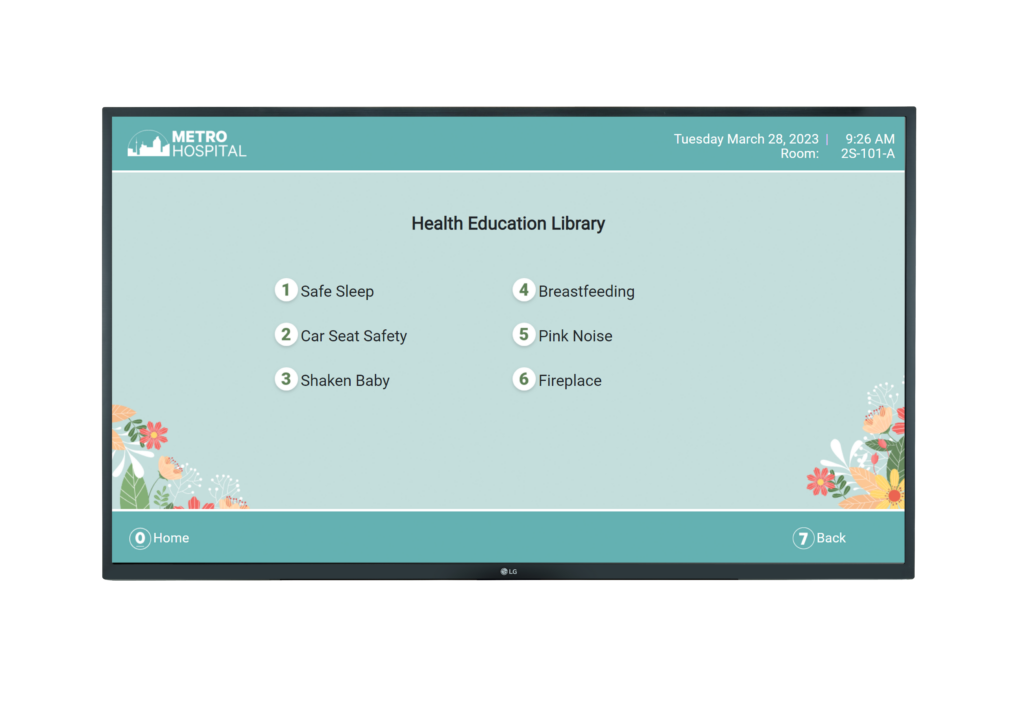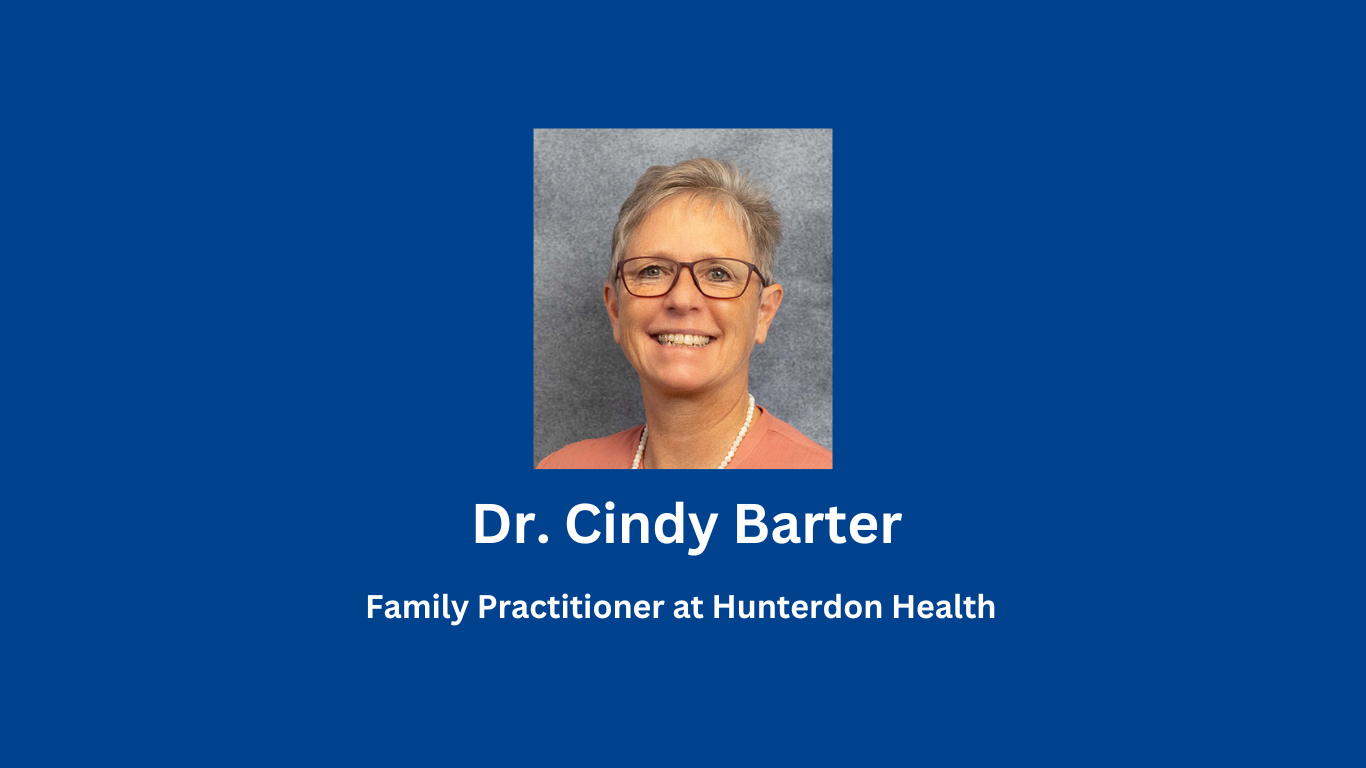
Written with contributing author Linda Robinson, MSN, CPXP, RN, Vice President of Clinical Excellence, MDM Healthcare
Linda Robinson, the Vice President of Clinical Excellence at MDM Healthcare, recently spoke with Cindy M. Barter, MD, a family practitioner at Hunterdon Health in Lambertville, NJ. Dr. Barter is also a lactation consultant and is passionate about health equity, especially as it relates to maternal child health.
The two discussed a variety of topics including addressing barriers to prenatal care, meeting the needs of the Spanish-speaking community, improving care, group care, and maternal health equity. Since 2009, Dr. Barter has been a faculty member of the Hunterdon Family Medicine Residency Program. She directs patient care at Hunterdon Family Medicine at Phillips-Barber and is responsible for providing and teaching maternity care and inpatient Family Medicine rotations.
“I had been a family care doctor who delivers babies for a long time. When I started at Hunterdon, I found out that there was a group of women who didn’t start prenatal care until much later in their pregnancy. It happened to be a large Latino community and I started to think, ‘What are the barriers why are they not starting care?’”
Dr. Barter explained that she heard that the causes included large copays, lack of a translator, transportation and daycare issues. Barter started looking at ways to solve the problem.
“A lot of healthcare providers think addressing the social determinants of health isn’t their job, that it’s someone else’s job. I wanted to start to look at ways to think outside the box and think about it differently,” she said.
Barter received a grant to provide pregnant women prenatal care without a copay, transportation for that care, and childcare during prenatal care visits. They also did the entire visit in English and Spanish so there wasn’t a language barrier.
“In a very short period of time, after we started the Latina women started prenatal care by about 50 percent during the first trimester. We know early access to prenatal care improves outcomes,” she said.
Barter also added that within a year of starting the program, the rate of women receiving early prenatal care jumped to 85 percent.
“If you take away the barriers, that often helps improve care,” said Barter.
Dr. Barter continued to explain that her mission has been to apply this solution system-wide to start addressing maternal health equity.
“If you look at maternal mortality rates in the United States compared with most industrialized countries, we’re not doing so well. My state of New Jersey is ranked 47th,” she said.
Barter also expressed that group visits are another way to make a positive impact.
“The power of the group really does make an impact…it’s amazing in many different healthcare settings,” said Barter.

Hunterdon Hospital partners with Journey PX to provide patient engagement solutions to their patients. Dr. Barter has seen firsthand the positive impact of the maternal health education Journey PX provides to their patients, including Spanish-speaking patients.
“I know there are many patients who have said they watched them and learned from them. My goal is to make more patients aware of their Journey PX solutions early on so they can utilize them,” she said.
Dr. Barter also brings up Journey PX maternal health education for her patients in their room to view.
“I think it’s a great solution,” she said.
Journey PX also allows the education to be texted and emailed to patients after discharge so they can continue to access the vital health education they need.

A vital aspect of pre and postnatal care is the provision of comprehensive health education, covering important topics such as breastfeeding, safe sleep practices, and recognizing post-birth warning signs. The effectiveness of this education is influenced not only by its content but also by the sources and delivery methods employed. In the context of the special needs of new mothers, infants, and families, it is crucial to have a patient engagement platform that caters specifically to their unique requirements.
With this recognition in mind, Journey PX has recently developed an innovative solution called Journey PX Mother Baby, which is tailored specifically for mother-baby units. This platform serves as a comprehensive resource, delivering essential health education, assisting parents and newborns in preparing for discharge, and ultimately enhancing the overall patient experience. By addressing the distinctive needs of this environment, Journey PX Mother Baby plays a significant role in promoting the well-being of both mothers and infants, facilitating a smooth transition into parenthood.
Additionally, Mother Baby is quick and easy to deploy and can be up and running in less than 6 weeks. It is also priced for individual units, with flexible payment options.To find out more about what Journey PX Mother Baby can do for your Mother Baby unit, schedule a free demo.

To hear more from Dr. Barter listen to her full PX Space interview with host Linda Robinson, MSN, CPXP, RN, below.

